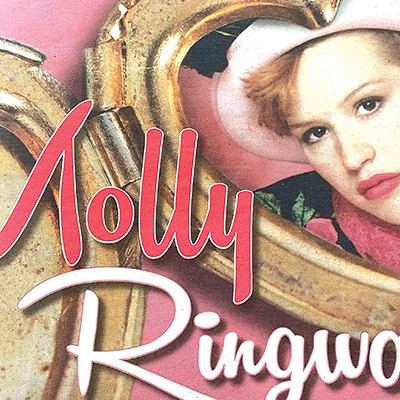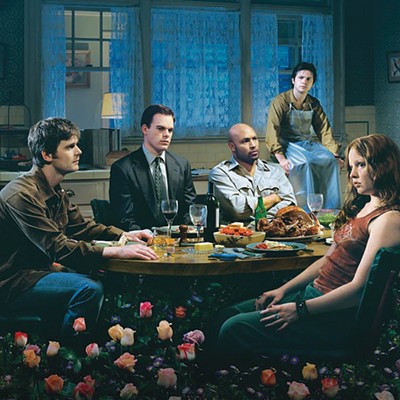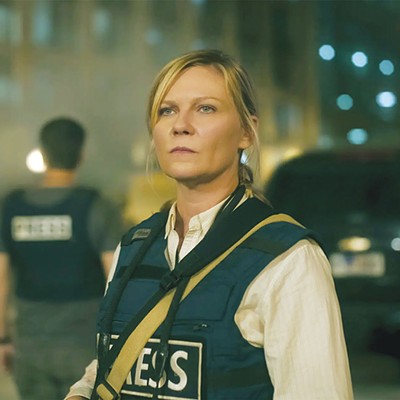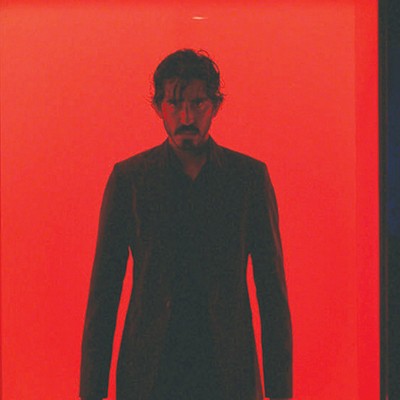In an interview with Roger Ebert replayed after his death, the movie reviewer discussed his other passion: music. In his earlier career, Ebert had been as much a music reviewer as a movie critic, and a screenwriter for the cult classic Valley of the Dolls. He even wrote a never-produced film for the Sex Pistols. Of course, the inevitable question was, what was his favorite music film?
With so many choices—Cameron Crowe's homage Almost Famous; the elegant quasi-biography of Bob Dylan, I'm Not There; and even fun-loving Grease—the answer was surprising: Woodstock. While the three-day concert was a legendary mess and financial boondoggle, the documentary was both a creative breakthrough and truly the moneymaker, produced for $600,000 and grossing $13 million. Woodstock, the movie and the concert, rounded out the '60s decade and bookended the career of Jimi Hendrix, who played a rocking, rockets-roaring version of the national anthem.
Ebert went on to explain that what he particularly liked about the documentary is its clever and creative editing, done by a young team including Martin Scorsese and Thelma Schoonmaker, who went on to also edit Raging Bull, and has won three Academy Awards for editing. (Scorsese went on to, of course, become Scorsese.)
The film is arranged in split screens, simultaneously showing close ups and panoramic views, creating an omniscient vantage to the sprawling concert. There are screens watching the minute details of setting up patch cords and also showing the major traffic jam that prompted the governor to consider calling in the National Guard. As much as a catalog of music—signaling the end of an era—the movie marks the groundbreaking beginning to a new generation of filmmaking and clever editing.
For our Summer Concert Guide, here are a few movies to cue up for a rainy day: Perhaps the strongest entry, It Might Get Loud (2008), is a trilogy of profiles of guitar heroes Robert Plant, The Edge and Jack White, as they explain their passion for guitars and move toward a three—old, middle age and "young"—generation concert.
Another surprising entry is the underwatched New York Doll (2005), a heartbreaking documentary about the bass player for the seminal band that launched both hair-rock as a genre and inspired dozens of bands from Kiss to The Cure, but failed to find any financial success for themselves. The movies picks up the narrative three decades later, after bassist Arthur "Killer" Kane has recovered from alcoholism and works part-time at the Mormon Church in L.A. Morrissey is trying to reunite the band for a concert. A wrenching story that explores the rift between financial security and fame.




















